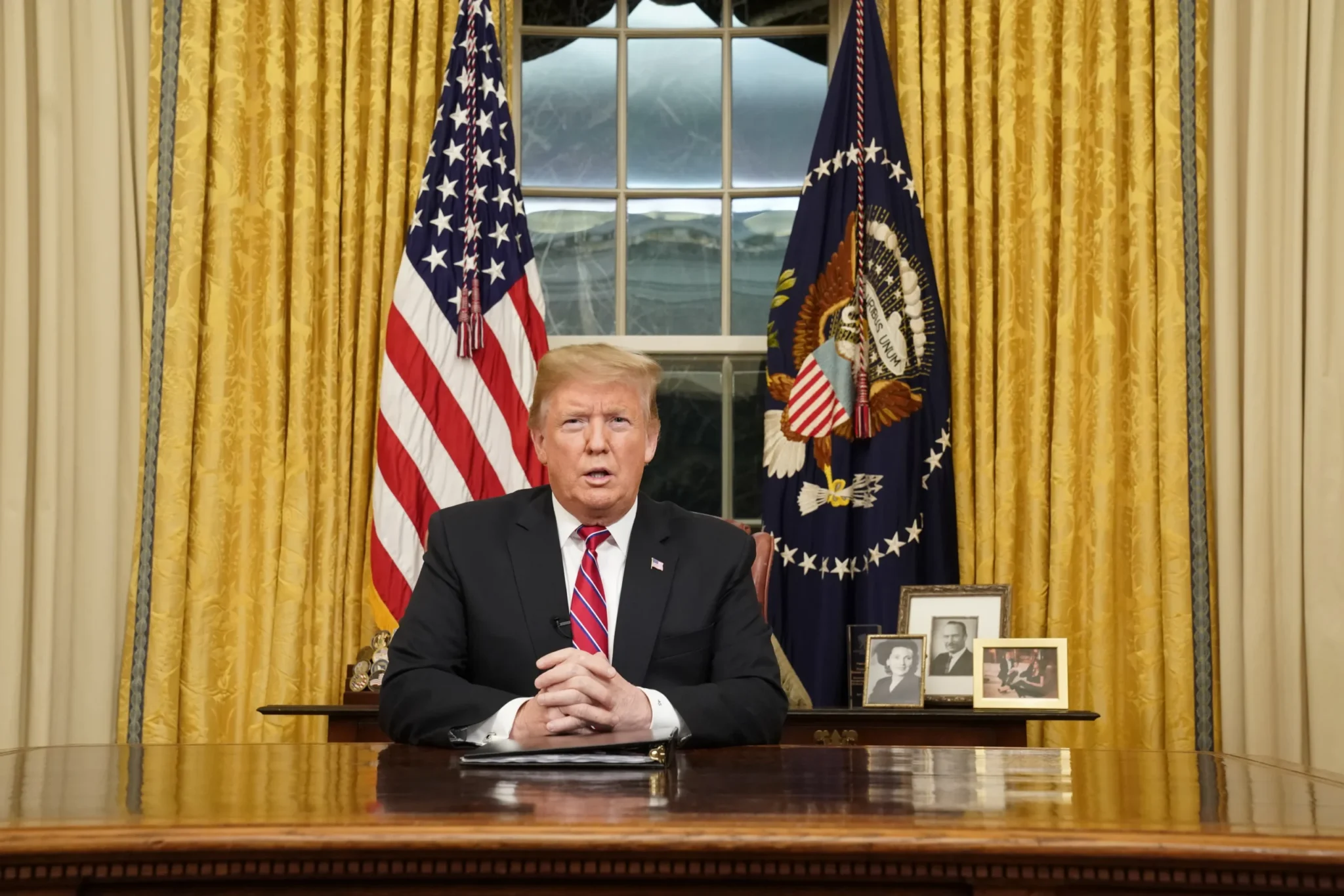Rethinking the Global Game

In the early months of his second term, President Donald Trump has embarked on a foreign policy course that is as unorthodox as it is disruptive. Rather than adhering to established diplomatic norms, his approach seems driven by a desire to dismantle existing global structures and assert American dominance through unilateral actions. This strategy has manifested in a series of bold moves that have unsettled allies, emboldened adversaries, and introduced a new level of unpredictability into international relations.
Central to Trump’s foreign policy is the “America First” doctrine, which prioritizes national interests over multilateral cooperation. This has led to the withdrawal of the United States from key international agreements and organizations, including the Paris Climate Accord and the World Health Organization. Such decisions signal a retreat from global leadership roles traditionally held by the US, raising concerns about the country’s commitment to collective problem-solving on issues like climate change and global health.
Trade has become a primary battleground for Trump’s assertive policies. He has initiated a global trade war by imposing tariffs on both adversaries and long-standing allies. These measures, aimed at protecting American industries, have strained relationships with countries like Canada, Mexico, and members of the European Union. The imposition of tariffs has not only disrupted global supply chains but also sparked retaliatory actions, leading to increased economic uncertainty worldwide.
In the realm of defense and security, Trump’s stance has been equally contentious. He has criticized NATO allies for not meeting defense spending targets and has suggested that the US might not honor mutual defense commitments if allies fail to contribute more. This has caused unease among European partners, prompting some to reconsider their reliance on US military support and to explore alternative security arrangements.
Trump’s approach to international conflicts has been marked by a mix of disengagement and erratic engagement. Despite pledging to end ongoing wars, his administration has struggled to make significant progress in resolving conflicts in Ukraine and the Middle East. Efforts to broker peace have been hampered by inconsistent policies and a lack of coherent strategy, leading to skepticism about the US’s role as a mediator in global disputes.
Moreover, Trump’s foreign policy has included unconventional proposals that have raised eyebrows globally. Ideas such as annexing Greenland, taking control of the Panama Canal, and making Canada the 51st state have been met with confusion and resistance. These suggestions, while not implemented, reflect a willingness to challenge international norms and assert US interests in ways that many view as provocative.
In summary, President Trump’s foreign policy in his second term is characterized by a departure from traditional diplomacy, a focus on unilateral action, and a readiness to disrupt established international systems. While aimed at reasserting American power and protecting national interests, this approach has led to increased global tensions, strained alliances, and uncertainty about the future of international cooperation.











